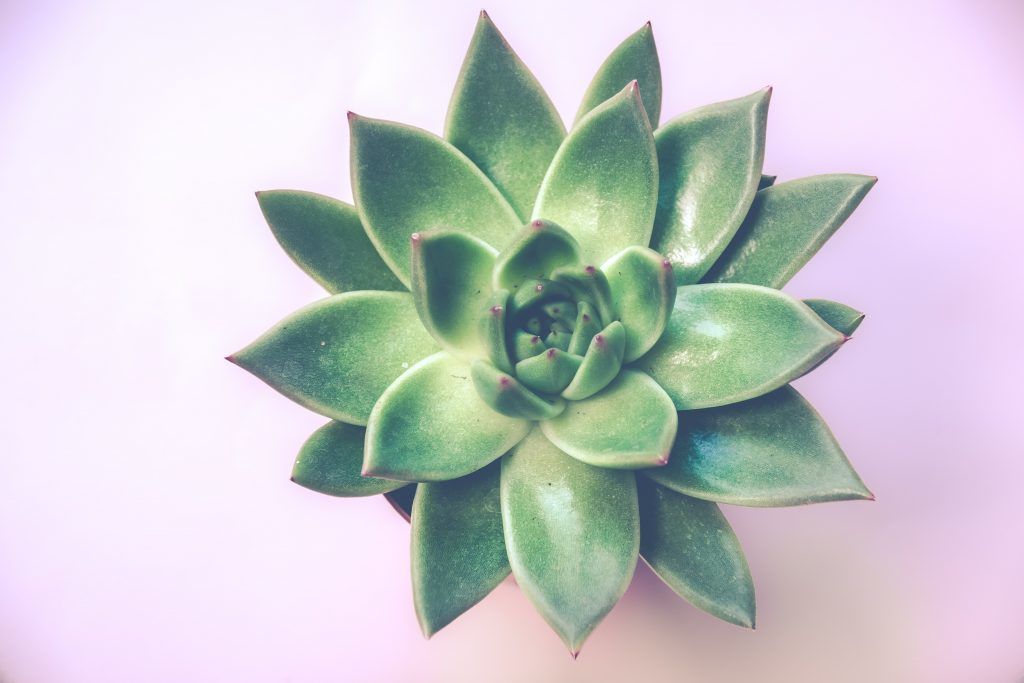
Why do we like house plants?
Plants can add vibrancy and colour to a home, but for some people just being in the near vicinity of plants is enough to trigger itchy eyes and a runny nose, otherwise known as hay fever! The actual allergen that causes this reaction has not yet been identified but there are some precautions that can be taken when selecting which plants may be best in your home.
What is Hay Fever
Hay fever is an allergy to the pollen that is released by flowering plants into the air. An allergy is when the body reacts to a usually non-harmful substance as if it’s a threat, and antibodies are released into the system which triggers inflammation. This can cause unpleasant symptoms of hay fever. Symptoms of hay fever include, itchy eyes which can turn bloodshot, constant sneezing, a runny nose, and congestion.
Plant allergies can also be triggered when touching a plant; this could cause symptoms such as contact dermatitis or eczema.
When it comes to house plant allergies it’s important to differentiate between hay fever and a mould allergy. Mould grows in the soil of houseplants and can cause an allergic reaction rather than the pollen from the plant itself. It’s important to not overwater your plants as damp soil is the perfect breeding ground for mould. Ensure your plants are kept in an area with enough ventilation and have access to sunlight to avoid the growth of mould.
Which plants are the worst for hay fever?
The worst plants for hay fever sufferers are flowering ones that produce small grains of pollen that are then dispersed into the surrounding area.
The number one plant to avoid for hay fever sufferers is the Saintpaulia plant, otherwise known as the African violet. This is because their fuzzy leaves trap dust and keep it circulating into the air which can cause serious irritation to the eyes and nose, and in extreme cases, anaphylactic shock.
Marigolds are also bad for allergy sufferers as they produce a serious amount of pollen.
Which plants are the best for hay fever?
Certain plants can eliminate toxins in the air so they may be beneficial in reducing allergy symptoms. The best plants to keep in the house are ones that remove formaldehyde and benzene, both of which can be harmful to those that suffer from allergies.

Plants that do not flower are best for hay fever sufferers.
Some plants can absorb toxins through their leaves and release moisture which can reduce dust in the air.
The best plant for cleaning the air is Aloe as having one of the plants in your house is equivalent to nine biological air cleaners.
Another which is just as good is a spider plant, spider plants are efficient at getting rid of the harmful compounds’ formaldehyde, styrene, carbon monoxide, and benzene. The plants are also super adaptable to living inside as they can photosynthesis under very little lighting.
The snake plant, or also known as Mother-In-Law’s Tongue is almost indestructible, so this is a particularly good one if you’re not the best at caring for your plants. Its also good at cleaning the air around itself so is perfect for allergy sufferers.
Flowering plants are best avoided by hay fever sufferers due to the pollen they admit into the air. However, the peace lily is the least harmful as it has short stamens and little pollen. It also helps to filter out pollutants which can reduce hay fever symptoms.
Some products of plants have been shown to help with allergies. There is recent evidence of Turmeric reducing inflammation and helping prevent many common allergic conditions.
What can I do to relieve hay fever symptoms?
Symptoms can also be relieved through medication. Antihistamines in particular can ease the symptoms of hay fever. Antihistamines work by blocking the production of histamines which reduces inflammation and therefore can reduce symptoms entirely. One medication that is extremely effective at this is fexofenadine. The drug inhibits inflammation and can prevent a runny nose and watery eyes.
Whenever buying medication online, make sure you order from a licensed online pharmacy service such as e-Surgery.
Further Reading
- Fexofenadine Hydrochloride | National Institute For Health And Care Excellence
- Hay Fever Treatments | Asthma UK
- Plants That Cause Allergies | healthline








